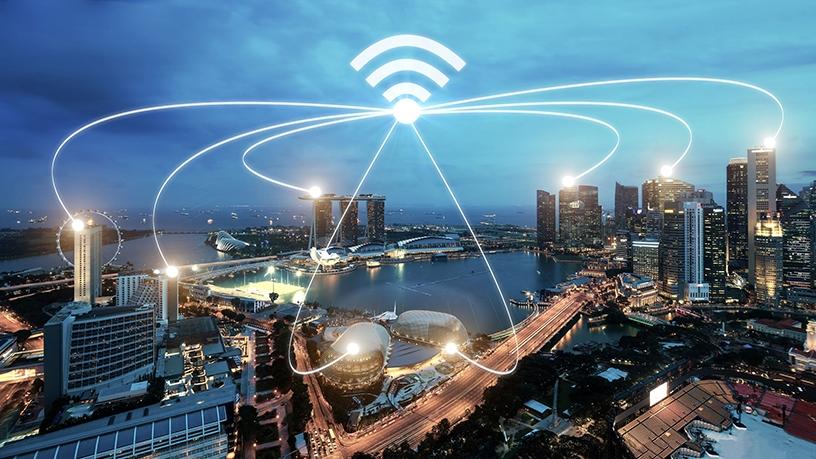
Chinese telecommunications giant Huawei is driving the use of artificial intelligence (AI) to build smart cities.
At Huawei Connect 2018 in Shanghai, China, the company held a Smart City Summit with the theme "Activate Intelligence to Build Better Smart Cities".
It featured discussions with industry experts and smart city practitioners on how to build new smart cities using AI.
"Huawei is committed to becoming a smart city enabler and promoter by providing a city nervous system," said Zheng Zhibin, president of the global smart city business department at Huawei Enterprise.
"Currently, Huawei is developing a '+AI Smart City Digital Platform' which is built upon the strategy of 'Platform + Ecosystem'. Based on its ICT infrastructure, Huawei integrates the IOT, big data and AI, video cloud, Geographic Information System, and converged communications resources through the industry enablement platform.
"A powerful AI engine will help strengthen the city 'nervous system', and enhance self-learning and self-evolution capabilities of cities."
At the event, Huawei also held a Smart Airport Forum to discuss the latest developments, technological trends and information practices in smart airport construction with guests from the Civil Aviation Administration of China (CAAC), Shenzhen Airport Group, the International Air Transport Association, and Soci'et'e Internationale de T'el'ecommunications A'eronautiques.
Huawei shared its smart airport solutions, as well as its collaboration with ecosystem partners such as the Second Research Institute of CAAC, Baidu, Xi'an Yuetai Science & Technology and SuperMap. Their joint innovations will help industry organisations construct intelligent and passenger-friendly airports, and provide new approaches for the digital transformation of airports worldwide.
Zhang Rui, vice-director of the Airport Department of CAAC, delivered a keynote speech during the forum. He outlined the historical achievements of airport development, pointed out the significance of building safe, green, smart and culture-enriched airports, and shared some general ideas for future-oriented airport construction as well as current progress.
He explained that airports of the future will feature refined and visualised operations management, personalised passenger services, intelligent and efficient operational processes, and IOT-based fully-connected resources and devices.
Share